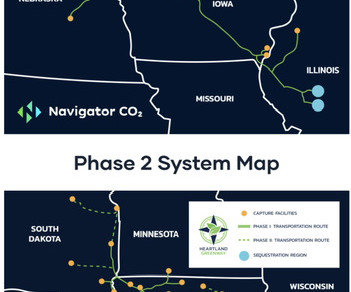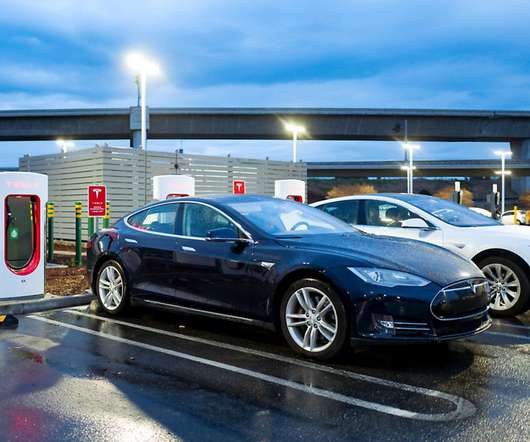New UC Davis market-based sustainability forecasting approach concludes supplanting gasoline and diesel with renewable fuels could take 131 years
Green Car Congress
NOVEMBER 9, 2010
At the current pace of research and development, replacing gasoline and diesel with renewable fuel alternatives could take some 131 years, according to a new University of California, Davis, study using a new sustainability forecasting approach based on market expectations. Tags: Forecasts Fuels Sustainability.




















Let's personalize your content